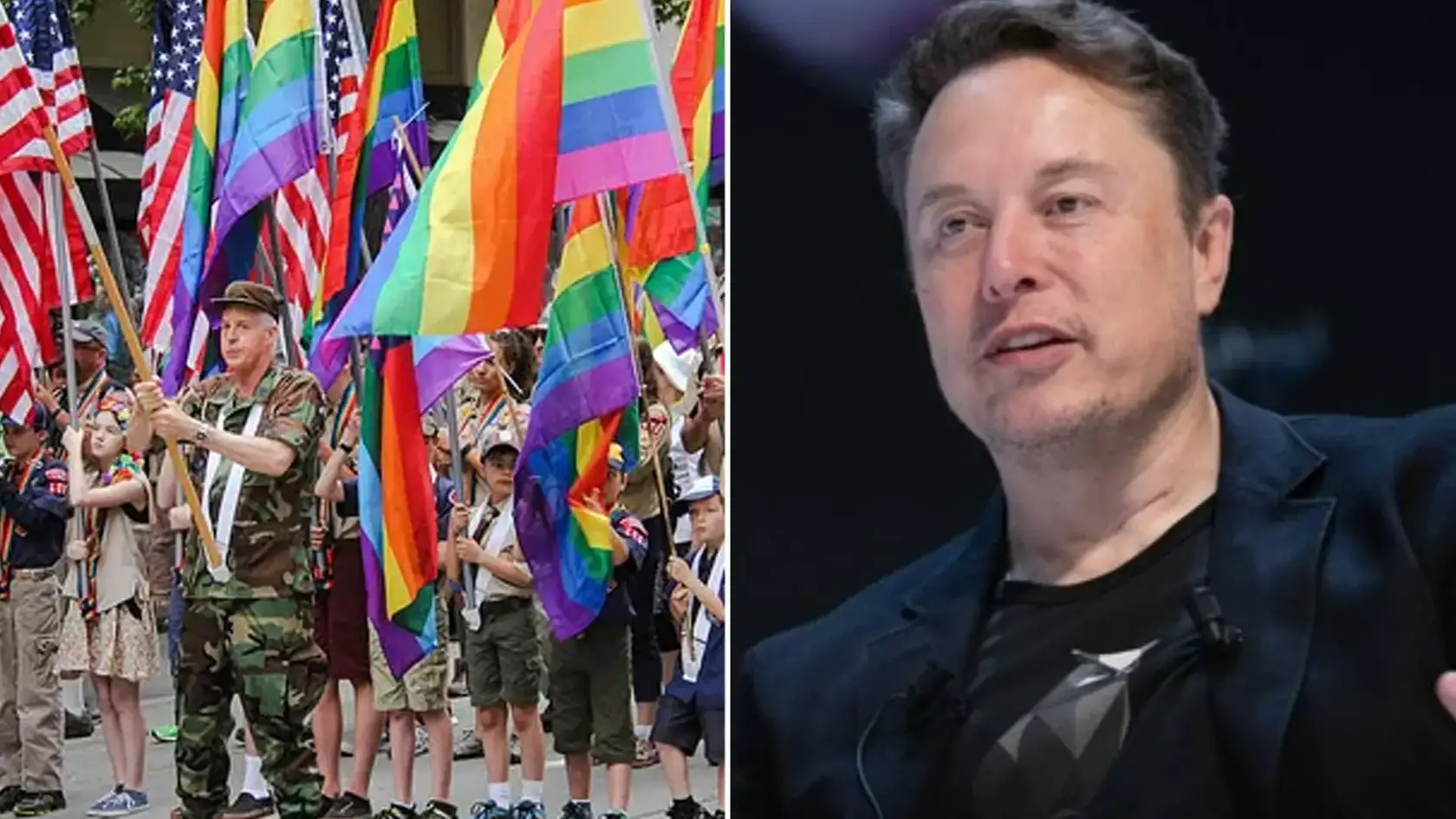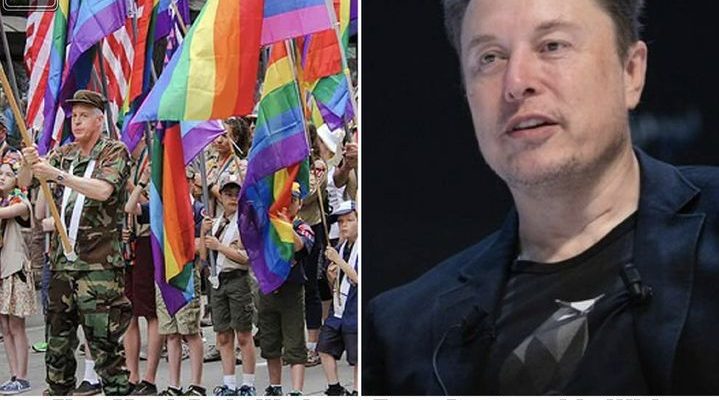
The BSA’s decision to celebrate Pride Month involved various activities and educational programs aimed at promoting acceptance and understanding within the scouting community. These initiatives were praised by many as steps toward a more inclusive and supportive environment for all scouts, regardless of their background or identity.
Elon Musk’s criticism of “woke” culture is not new. He has previously expressed concerns that an overemphasis on social and political correctness can stifle innovation and distract organizations from their core missions. In this case, Musk believes that the Boy Scouts’ focus on inclusivity and social issues detracts from its foundational principles of teaching practical skills, leadership, and community service.
In a follow-up to his initial tweet, Musk wrote, “The Boy Scouts should be about survival skills, leadership, and adventure, not pushing a political agenda. By celebrating Pride Month, they are losing sight of what makes scouting great.”
Musk’s announcement has elicited strong reactions from both supporters and critics. Many of his followers praised him for taking a stand against what they see as the politicization of the Boy Scouts. They argue that the organization should remain focused on its traditional values and avoid involvement in social and political issues.
On the other hand, critics have accused Musk of being out of touch and dismissive of the importance of inclusivity and representation. LGBTQ+ advocacy groups and supporters of the BSA’s diversity initiatives argue that celebrating Pride Month is an essential step in creating a welcoming environment for all scouts. They contend that Musk’s stance undermines efforts to promote acceptance and understanding within the organization.
The financial and symbolic impact of Musk’s decision on the Boy Scouts of America could be significant. His contributions and support have been valuable to the organization, and losing such a high-profile partner might have repercussions. However, the BSA has reaffirmed its commitment to inclusivity and support for all members, emphasizing that their values align with fostering a positive environment for every scout.
In a statement, a spokesperson for the BSA said, “We respect Mr. Musk’s decision and thank him for his past support. Our commitment to inclusivity and diversity remains unwavering. We believe that celebrating Pride Month and supporting our LGBTQ+ members is crucial to our mission of preparing young people to make ethical and moral choices over their lifetimes.”
Musk’s decision and the resulting controversy reflect a broader cultural debate about the role of organizations in addressing social issues. The term “woke” has become a flashpoint in discussions about inclusivity, with some viewing it as necessary progress toward equality and others seeing it as a distraction from more traditional values and goals.
This incident underscores the challenges that organizations face in balancing their historical missions with the evolving expectations of society. As more institutions adopt inclusive practices, they must navigate the potential backlash from segments of their supporters who may feel alienated by these changes.
Elon Musk’s decision to end his partnership with the Boy Scouts of America over their celebration of Pride Month has highlighted the deep cultural divides that exist within society. While some view his stance as a necessary defense of traditional values, others see it as a rejection of crucial steps toward inclusivity and acceptance. As the Boy Scouts of America continue to evolve, they will likely face ongoing challenges in balancing their historical mission with the need to create a welcoming environment for all members. This incident serves as a reminder of the complexities involved in navigating social and political issues within long-standing organizations.

